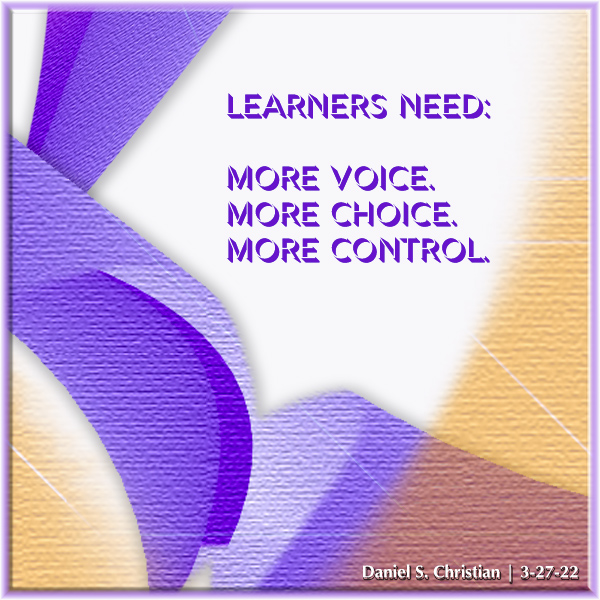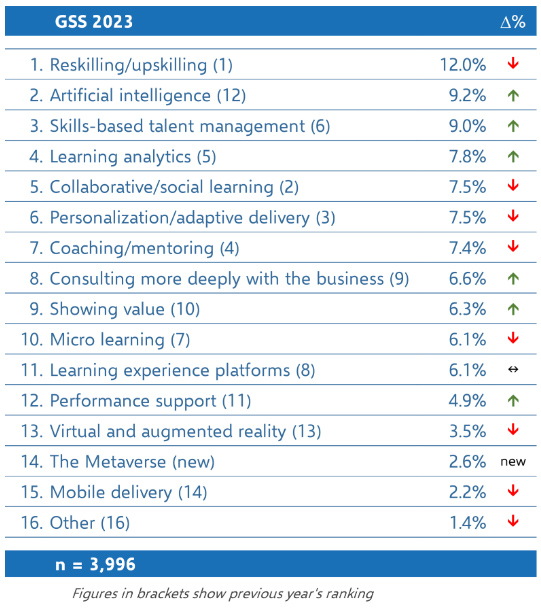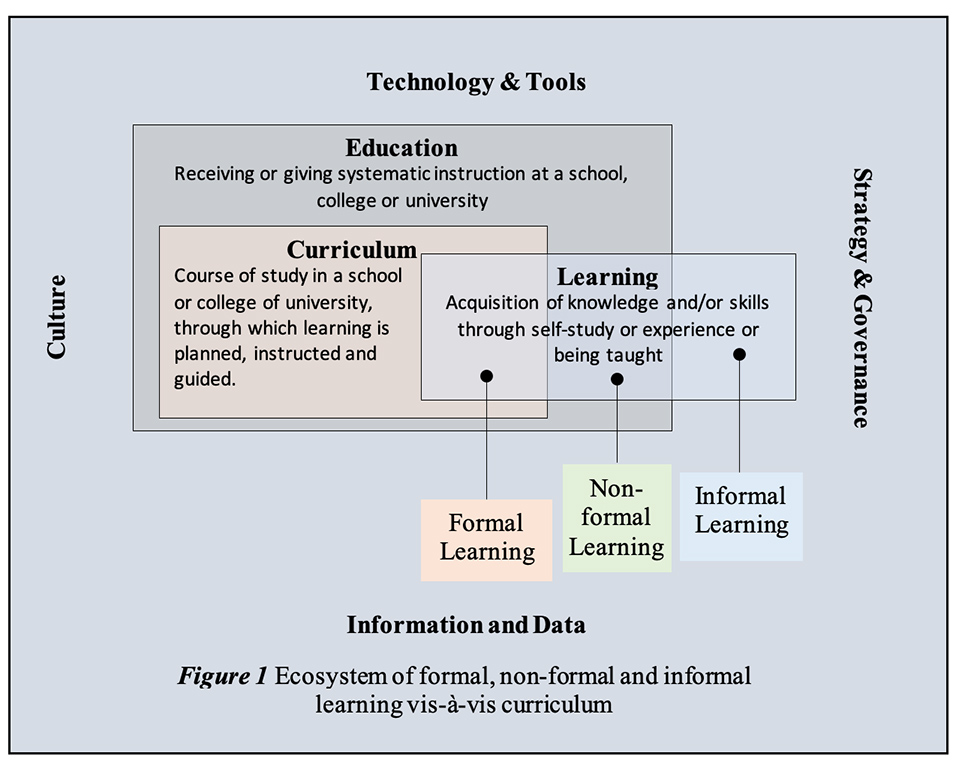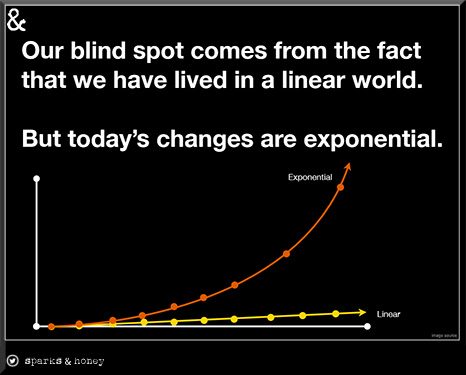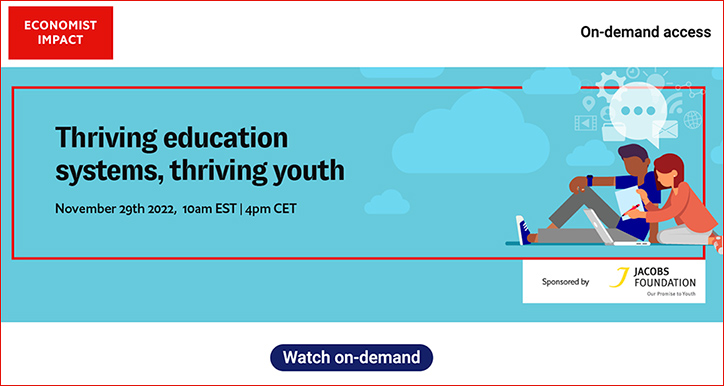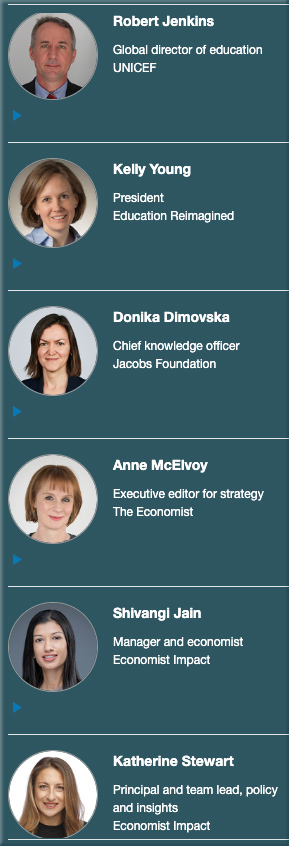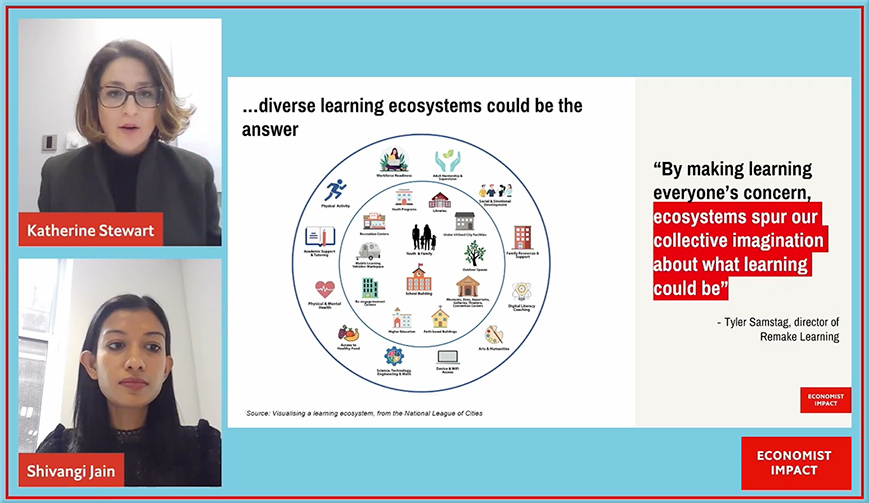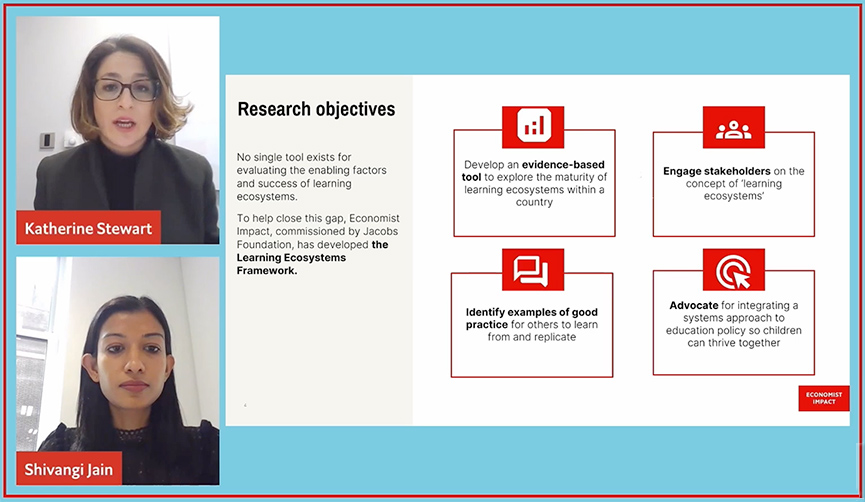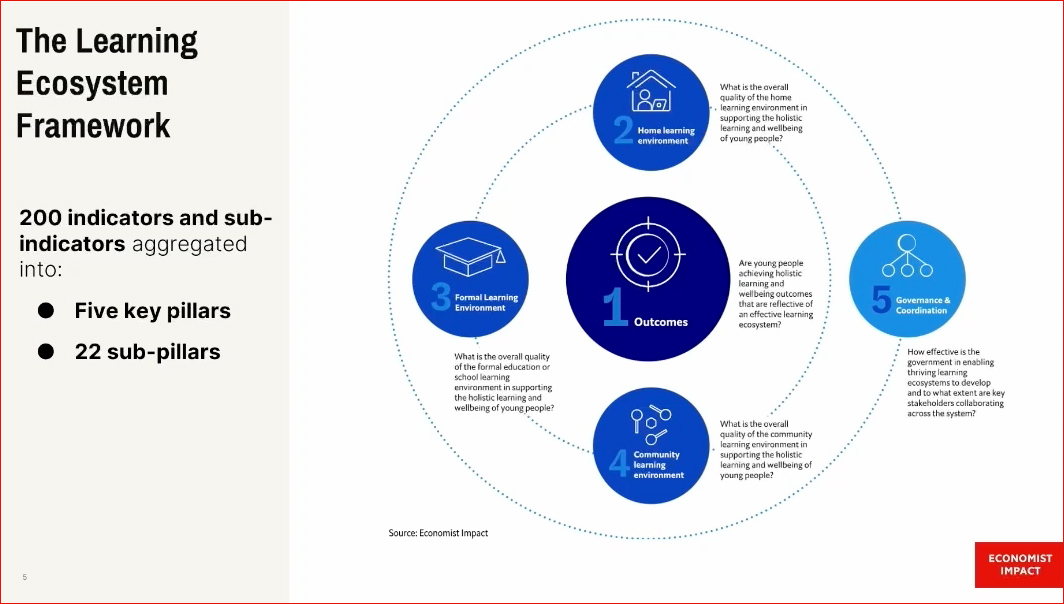Microsoft Plans to Build OpenAI, ChatGPT Features Into All Products — from wsj.com by Sam Schechner (behind paywall)
Offering for businesses and end users to be transformed by incorporating tools like ChatGPT, CEO Satya Nadella says
Excerpt:
DAVOS, Switzerland—Microsoft Corp. MSFT 2.86%increase; green up pointing triangle plans to incorporate artificial-intelligence tools like ChatGPT into all of its products and make them available as platforms for other businesses to build on, Chief Executive Satya Nadella said.
It’s a matter of time before the LMSs like Canvas and Anthology do the same. Really going to change the complexion of online learning.
Jared Stein; via Robert Gibson on LinkedIn
Also relevant/see:
Donald Clark’s thoughts out on LinkedIn re: Google and AI
Excerpt:
Microsoft are holding a lot of great cards in the AI game, especially ChatGPT-3, but Google also have a great hand, in fact they have a bird in the hand:
Sparrow, from Deepmind, is likely to launch soon. Their aim is to trump ChatGTP by having a chatbot that is more useful and reduces the risk of unsafe and inappropriate answers. In the released paper, they also indicate that it will have moral constraints. Smart move.
Hassabis has promised some sort of release in 2023. Their goal is to reduce wrong and invented information by linking it to Google Search and Scholar for citations.
Donald Clark’s thought re: Apple’s strategy for AI — from donaldclarkplanb.blogspot.com
Wonder Tools:7 ways to Use ChatGPT — from wondertools.substack.com by Jeremy Caplan
Excerpt:
4 recommended ChatGPT resources
- The Art of ChatGPT Prompting: A Guide to Crafting Clear and Effective Prompts.
This free e-book acts a useful guide for beginners.
- Collection of ChatGPT Resources
Use ChatGPT in Google Docs, WhatsApp, as a desktop app, with your voice, or in other ways with this running list of tools.
- Awesome ChatGPT prompts
Dozens of clever pre-written prompts you can use to initiate your own conversations with ChatGPT to get it to reply as a fallacy finder or a journal reviewer or whatever else.
- Writing for Renegades – Co-writing with AI
This free 17-page resource has writing exercises you can try with ChatGPT. It also includes interesting nuggets, like Wycliffe A. Hill’s 1936 attempt at writing automation, Plot Genie.
We often see the battle between technology and humans as a zero-sum game. And that’s how much of the discussion about ChatGPT is being framed now. Like many others who have been experimenting with ChatGPT in recent weeks, I find that a lot of the output depends on the input. In other words, the better the human question, the better the ChatGPT answer.
So instead of seeing ourselves competing with technology, we should find ways to complement it and view ChatGPT as a tool that assists us in collecting information and in writing drafts.
If we reframe the threat, think about how much time can be freed up to read, to think, to write?
As many have noted, including Michael Horn on the Class Disrupted podcast he co-hosts, ChatGPT is to writing what calculators were once to math and other STEM disciplines.
Jeff Selingo: ‘The Calculator’ for a New Generation?
GPT in Higher Education — from insidehighered.com by Ray Schroeder
ChatGPT has caught our attention in higher education. What will it mean in 2023?
Excerpt:
Founder and CEO at Moodle Martin Dougiamas writes in Open Ed Tech that as educators, we must recognize that artificial general intelligence will become ubiquitous. “In short, we need to embrace that AI is going to be a huge part of our lives when creating anything. There is no gain in banning it or avoiding it. It’s actually easier (and better) to use this moment to restructure our education processes to be useful and appropriate in today’s environment (which is full of opportunities).”
Who, at your institution, is examining the impact of AI, and in particular GPT, upon the curriculum? Are instructional designers working with instructors in revising syllabi and embedding AI applications into the course offerings? What can you do to ensure that your university is preparing learners for the future rather than the past?
Ray Schroeder
ChatGPT Advice Academics Can Use Now — from insidehighered.com by Susan D’Agostino
To harness the potential and avert the risks of OpenAI’s new chat bot, academics should think a few years out, invite students into the conversation and—most of all—experiment, not panic.
Alarmed by AI Chatbots, Universities Start Revamping How They Teach — from The New York Times (out at Yahoo) by Kalley Huang
Excerpt:
At schools including George Washington University in Washington, D.C., Rutgers University in New Brunswick, New Jersey, and Appalachian State University in Boone, North Carolina, professors are phasing out take-home, open-book assignments — which became a dominant method of assessment in the pandemic but now seem vulnerable to chatbots. They are instead opting for in-class assignments, handwritten papers, group work and oral exams.
Gone are prompts like “write five pages about this or that.” Some professors are instead crafting questions that they hope will be too clever for chatbots and asking students to write about their own lives and current events.
With ChatGPT, Teachers Can Plan Lessons, Write Emails, and More. What’s the Catch? — from edweek.org by Madeline Will (behind paywall)
Why Banning ChatGPT in Class Is a Mistake — from campustechnology.com by Thomas Mennella
Artificial intelligence can be a valuable learning tool, if used in the right context. Here are ways to embrace ChatGPT and encourage students to think critically about the content it produces.
.
Let the Lawsuits Against Generative AI Begin! — from legallydisrupted.com by Zach Abramowitz
Getty Sues Stability AI as Lawsuits Mount Against GenAI Companies
Excerpt:
Well, it was bound to happen. Anytime you have a phenomenon as disruptive as generative AI, you can expect lawsuits.
Case in point: the lawsuit recently filed by Getty Images against Stability AI, highlighting the ongoing legal challenges posed by the use of AI in the creative industries. But it’s not the only lawsuit recently filed, see e.g. Now artists sue AI image generation tools Stable Diffusion, Midjourney over copyright | Technology News, The Indian Express
.
